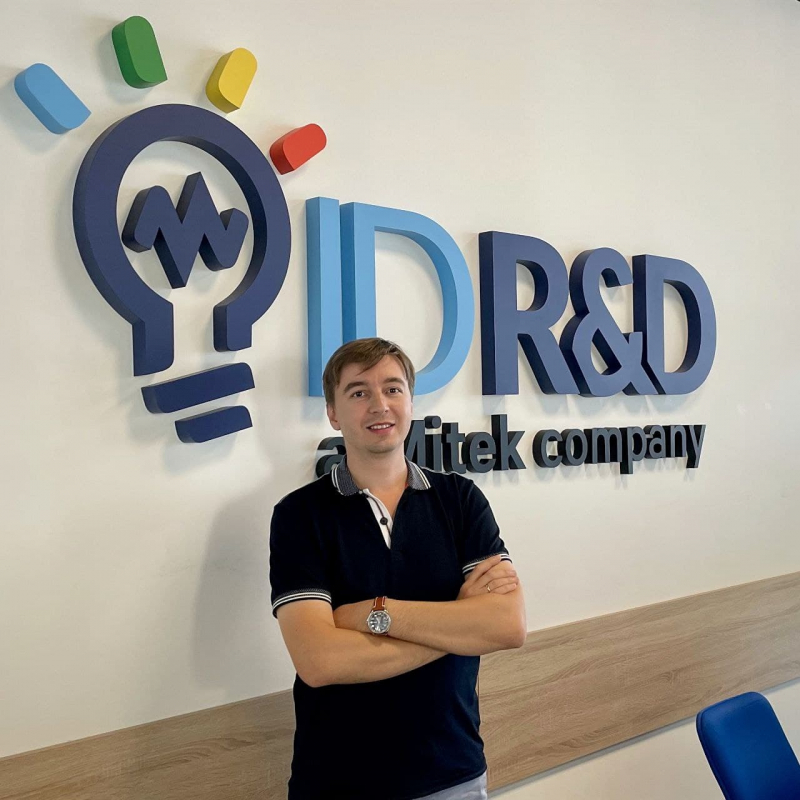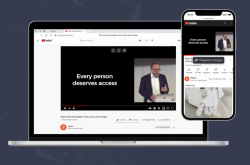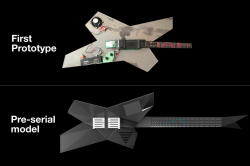Could you tell us more about your experience at ITMO?
I joined ITMO in 2011. Back then, I was an associate professor and taught digital signal processing. I studied this field at St. Petersburg Electrotechnical University. Apart from ITMO, I also worked at the Speech Technology Center, where I managed the department of biometrics. All in all, I worked at ITMO for five years, till 2016.
So, you worked both at ITMO and the Speech Technology Center, right?
Yes, I was a lecturer at ITMO and studied voice biometrics at the Center. One of my projects was about a national identification system in Mexico – the first-ever unified system that covers all the states. Its development became one of the tasks for the Speech Technology Center. My department was responsible for creating algorithms capable of processing the voices of millions of people and storing them on the system.
Why did you leave ITMO?
In 2016, I decided to quit the Center and ITMO, as well since I was working at the university's affiliated degree department of the Center. But my teaching experience came in really handy later.
On ID R&D
What did you do then?
By that time, I loved the idea of starting a startup that would facilitate the process of people's recognition for various services, such as banking systems and so on. As a result, my business partner and I came up with ID R&D.
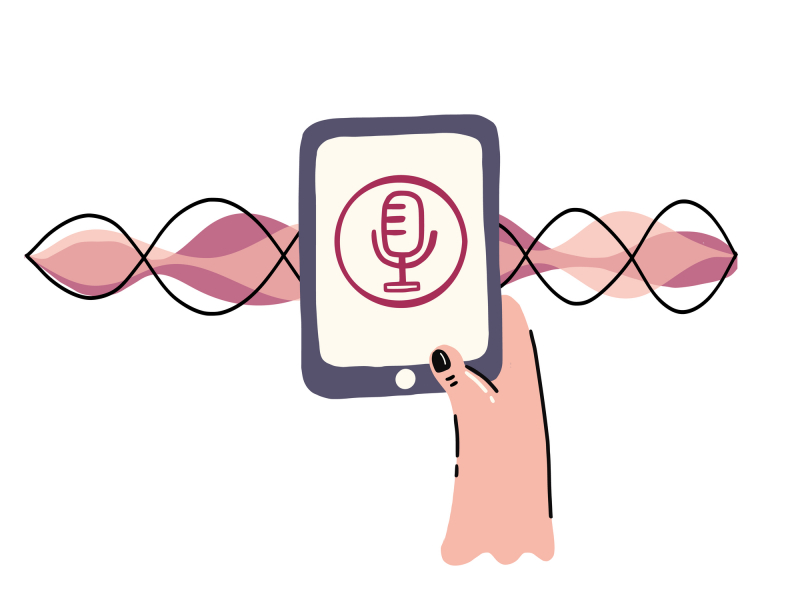
Credit: depositphotos.com
We wanted our system to be as user-friendly as possible, so that it could recognize users by the way they speak or type, for instance. This idea was in high demand as we could introduce new features without changing the initial interface at all.
As you know, some banking apps require your selfie and ID for registration. Our task was to add a simultaneous verification of images and do it in such a way that users could not spot a clear difference. And thanks to that, we managed to find our niche and attract major companies.
Was it your first experience?
Yes, it was.
Was it hard to launch the startup, raise money, and find your first customers?
New businesses often go through ups and downs, but we got lucky, maybe because of our work experiences or well-defined strategy. I developed software and have a PhD in biometrics, and Alexey has a background in business and an MBA in finance – all this gave us a synergistic effect.
We started with project activities. Basically, there are two approaches to startups: Western European and Eastern European. While the first puts investments first, the second implies actions and only then investments. We opted for the latter.
How long did it take to reach self-sufficiency and start making a profit?
That’s a great question. During the first year, we started to make money. But at that point, we followed a project-based approach. It’s when you look for your customers and perform tasks for them. Yet we, like all, wanted to create ready-made solutions for a broad audience.

Credit: depositphotos.com
After two years, we adopted a new approach. We found our market-product fit – image authentication, which is widely used in banking platforms and other services. The existing systems were rather inconvenient, and our app was a solution.
On the future
You’ve recently sold your company. Could you tell us about the deal?
If you have a successful startup, you have to negotiate deals on mergers or acquisitions with major businesses. Mitek is one of the three largest integration companies that specialize in recognition systems on the US market.
They’ve been interested in our project for a while, and although we held other negotiations, too, we chose Mitek. We have similar views. This is an ambitious company that strives to develop and introduce breakthroughs and technology-intensive solutions globally.
Didn’t you think to turn down the deal and work independently?
Startups can either graduate into larger companies or are eventually sold. And, naturally, we considered both options. But we saw this sale as a great leap forward.
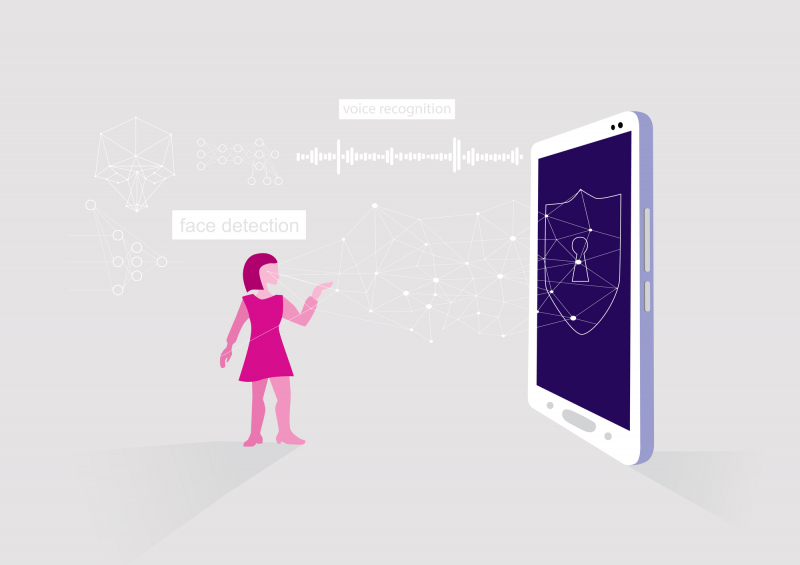
Credit: depositphotos.com
Businesses should not only have money but also prospects. At the moment, we have more opportunities within a larger company. And if before, we were a small company that created solutions for platforms, now, we are part of a larger company that produces such platforms. Thanks to the integration, we were able to make this technological leap, and now we can move even further forward.
Do you plan to stay at the company? Or would you like to create a new startup?
I’ll continue working at the company for now.
As far as I can tell, many entrepreneurs are eager to leave Russia. What about you?
I enjoy working in St. Petersburg. However, even though we strive to develop our department, we’d like to acquire international experience, too. Ideally, I’d work in St. Petersburg and then at our head office in the US. Many successful people worked in different places throughout their careers. For now, I choose to stay in St. Petersburg, although I might move around.
